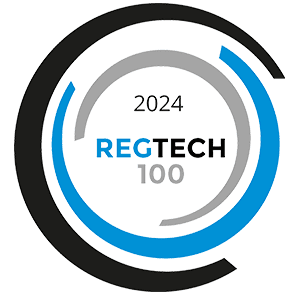In 13 years acting as an auditor in the securities regulation industry it was surprising to find out how few in the industry conducted, and documented, due diligence of the products being purchased for clients. In this industry, conducting and evidencing due diligence could prevent one from being the subject of a civil suit or regulatory action.
Another key aspect of due diligence is just not conducting and documenting research, but the type of research that is conducted. In regard to the standard exchange traded securities, bonds, ETF’s, Mutual Funds etc., conducting an internet search and/or reviewing something like Morningstar or the Wall Street Journal and keeping copies of what was reviewed would be sufficient. However, when it comes to alternative investments, this type of research would be inadequate.
Conducting due diligence of alternative investments involves work and significant research. It is not sufficient to conduct an internet search of the product. When conducting due diligence of alternative investments, conducting an internet search of the product, and the salesperson who introduced the product, is just the start. Obviously if there is any negative information found online concerning the product or the salesperson related to the product, it is probably something that should not be purchased for clients.
If the research conducted of the alternative investment and the salesperson involved in introducing the product does not produce any negative results, it is time to conduct research on the underwriter/issuer of the product. This can be accomplished by going to the secretary of state in which the underwriter/issuer was formed. Reviewing the filings with the secretary of state will show the names of the entity’s executive officers, as well as a list of any affiliated entities. Once the names of the executive officers, and affiliated entities, have been determined, research of all the executive officers and affiliated entities should be conducted as well.
One would think the above is substantial due diligence. Actually, the research should not stop here. If the research conducted on the secretary of state indicates that the issuer/underwriter has any affiliated entities, due diligence should continue to review the secretary of state to research the affiliated entities and their executive officers.
This may seem like overkill. However, if alternative investments are being purchased for clients of an adviser, and the investment collapses because of mismanagement, if there were any undisclosed regulatory issues, civil litigation, etc. regarding the underwriter, its executive officer or direct and indirect affiliated individuals and entities, the recommending adviser could be held liable if adequate due diligence was not conducted of the product.








